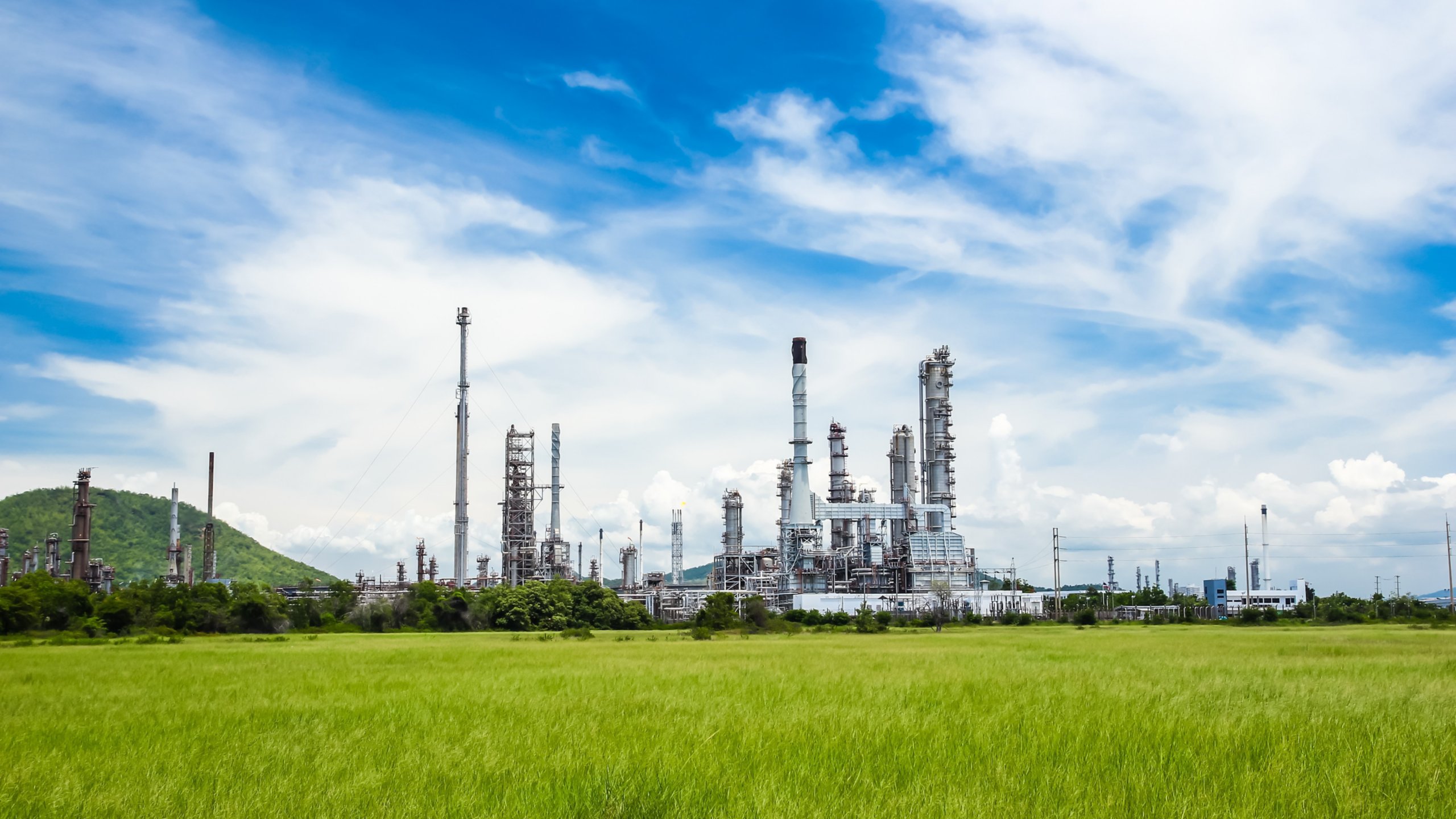We all know sustainability matters and it’s something that’s increasingly important to most of us. It’s also key to numerous business goals, including meeting regulations, reducing waste, and improving operations. But what does sustainability actually mean when put into practice?
Sustainability might look different from one sector to another, and from one business to another. While individual projects vary in outcome, they all start with collaboration and consultation.
I would like to share with you some areas in which industrial producers can make major sustainability improvements, with real-world examples of how we’re helping organizations become more resilient – as well as more responsible.
Energy Management and Smart Water
We are bringing to market solutions that help companies look at energy data in a simple, accessible way to make more informed decisions for both business and sustainable benefits. This extends into areas such as smart water solutions that leverage innovative software and analytics to improve operations visibility and system reliability. It can also improve worker productivity while supporting security needs and meeting regulatory obligations.
One project driving this ambition is the Nachtigal hydro power plant in Cameroon. Commissioned by the Nachtigal Hydro Power Company (NHPC), the project is currently under development and due to go into full production in 2024.
Once operational, it’s anticipated that the plant will provide 30% of Cameroon’s energy demand, amounting to an annual output of three terawatt-hours. To meet the specific needs of the Nachtigal project, we are providing a distributed control system that enables the operation of a wide range of hydro power applications. The solution has been proven across several projects and use cases and promises to deliver the reliability, flexibility and scalability that’s needed at Nachtigal, helping generate energy and water in a place where it’s desperately needed.



